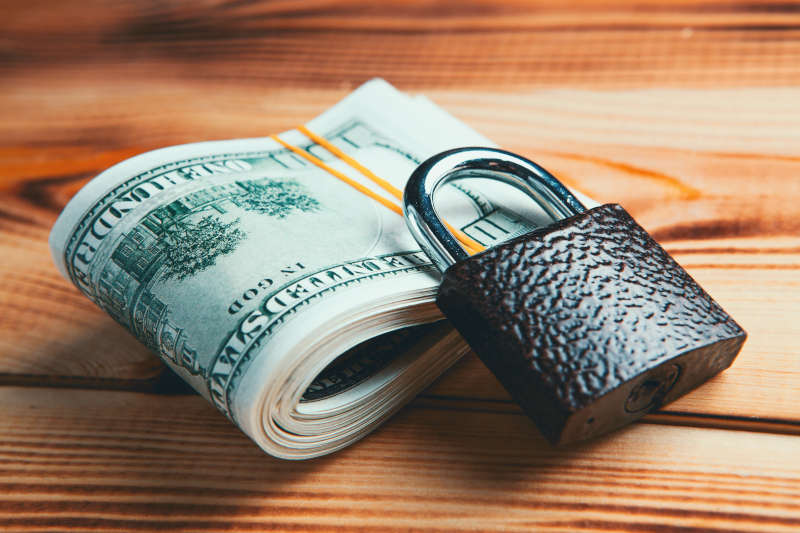Inflation can be a real challenge when it comes to managing your finances. As prices rise, the purchasing power of your money decreases, making it harder to maintain your standard of living and meet your financial goals. However, there are ways to save money during inflation and mitigate its impact on your wallet. By adopting some smart strategies, you can protect your wealth, maintain your purchasing power, and achieve your financial goals. In this article, we’ll explore some effective ways to save money during inflation, so you can stay ahead of rising prices and take control of your finances.
Why should I save money during inflation?
It’s important to save during inflation because inflation causes the prices of goods and services to increase over time. As prices rise, the purchasing power of your money decreases, which means that you can buy fewer goods and services with the same amount of money. This can make it more difficult to meet your financial goals and maintain your standard of living.
By saving money during inflation, you can help offset the impact of rising prices on your finances. Saving allows you to accumulate money over time, which can be used to cover the increased costs of goods and services. Additionally, saving can help you build a financial cushion to protect you against unexpected expenses or income disruptions.
Saving can also provide you with more financial flexibility and security. If you have money saved, you may be able to take advantage of investment opportunities that arise during inflation or make large purchases without going into debt. Additionally, having savings can help you feel more secure in your financial situation and give you peace of mind in the face of economic uncertainty.
7 ways to save money during inflation

-
Create a budget: One of the most important things you can do during inflation is to create a budget. A budget will help you track your expenses and identify areas where you can cut back. It’s important to prioritize your spending and focus on necessities like food, housing, and healthcare. By tracking your expenses, you’ll be able to identify areas where you can save money and redirect those funds to areas that are more important. There are a wide variety of apps to help you track your expenses.
-
Invest in real assets: During inflation, the value of paper assets like cash and bonds tends to decline. One way to protect your wealth is to invest in real assets like real estate, precious metals, and commodities. These assets tend to hold their value during inflation and can provide a hedge against rising prices.
-
Consider inflation-indexed securities: Inflation-indexed securities like Treasury Inflation-Protected Securities (TIPS) can also provide a hedge against inflation. These securities are designed to protect investors from inflation by adjusting their interest payments and principal value based on changes in the Consumer Price Index (CPI).
-
Shop around for the best prices: During inflation, prices tend to rise across the board. However, not all retailers and service providers will raise their prices at the same rate. By shopping around and comparing prices, you may be able to find better deals on the things you need. Look for discounts and coupons, and consider buying in bulk to take advantage of economies of scale.
-
Use credit wisely: During inflation, interest rates tend to rise. This means that borrowing money can become more expensive. If you need to borrow money, be sure to shop around for the best rates and terms. Avoid high-interest debt like credit card debt, and consider using low-interest loans like home equity loans or personal loans to finance your purchases. But remember, borrowing money comes with risk, so be sure to only borrow what you can afford to pay back.
-
Use energy-efficient appliances and practices: Energy prices tend to rise during inflation, so using energy-efficient appliances and practices can help you save money on your utility bills. Replace old appliances with newer, energy-efficient models, turn off lights when leaving a room, and consider using a programmable thermostat to regulate temperature and reduce energy consumption.
-
Invest in yourself: One way to save money during inflation is to invest in yourself by building new skills or pursuing education or training. By improving your skills and knowledge, you may be able to increase your earning potential and make yourself more valuable in the job market. This can help you stay ahead of inflation and maintain your purchasing power.
